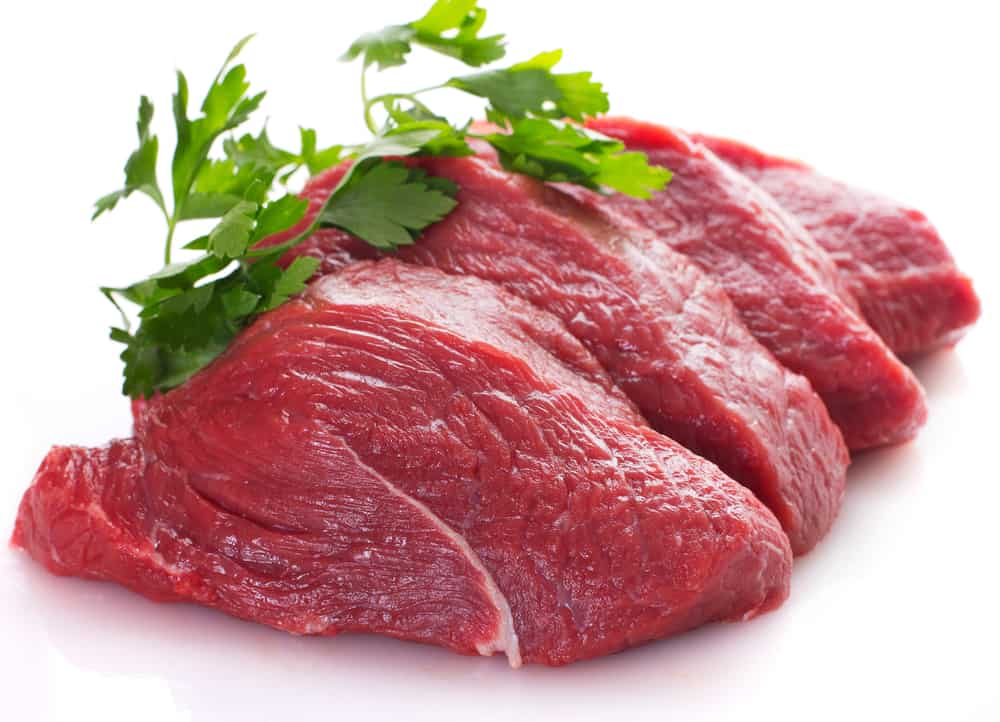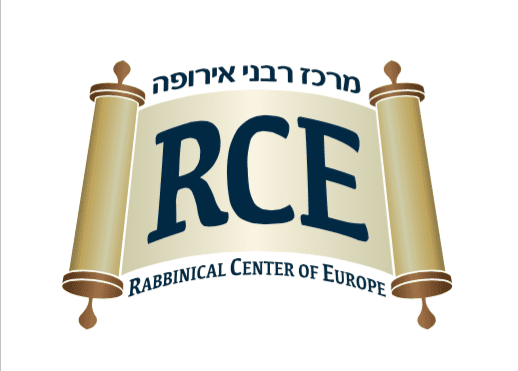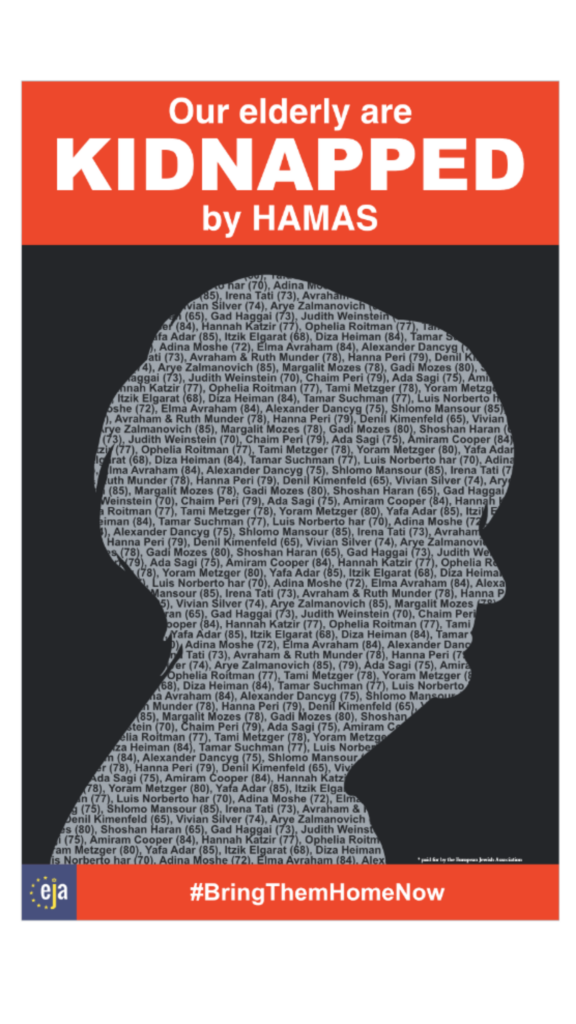An Israeli rabbi explains why he swapped the West Bank settlement of Tekoa for strengthening cross-community ties in Malmö
“We, the Jews and Muslims in Malmö, have only one thing to say to one another: Salaam, Shalom.”
Those were the words chosen by the Jewish and Muslim communities for their public declaration in the southern Swedish city of Malmö last month, inspired by an earlier advertisement in the Daily Telegraph in the UK.
In previous years, the integration problems faced by Malmö’s large, mainly Muslim migrant population have earned it a reputation as a “problematic city”, with frequent reports of antisemitic attacks against people and property.
But the advert, published in the Swedish daily Sydsvenskan on a Friday last month to mark the end of Eid, was part of an effort to project a different image for the city.
“We, the Jews and Muslims living in Malmö, are uniting against any display of discrimination, hatred, prejudice and xenophobia,” the advertisement read.
“Jews and Muslims in Malmö stand together in the fight against antisemitism, Islamophobia, and any form of racism and discrimination against minorities.
“We believe meeting and getting to know one another and our traditions will help us better appreciate and respect one another.
“We are convinced this is the only way forward for a shared, better and safer future in the city of Malmö. Shabbat Shalom, Eid Mubarak.”
It was signed by Malmö’s Jewish and Muslim communities as well as Amanah, a project aimed at building trust and better relations between the two.
Such an advertisement would not have been possible even a year ago, Amanah’s Israeli co-director Moshe David Hacohen said.
Rabbi Hacohen, 38, started the organisation with local prominent imam Salahuddin Barakat after moving to Malmö from the West Bank settlement of Tekoa with his family in the spring of 2017.
His explicit mandate was to both serve as the city’s rabbi and to foster dialogue with the Muslim community.
Since then, he and Imam Barakat have visited dozens of schools and organised text-based learning nights covering topics relevant to both faiths — such as the binding of Isaac (or Ishmael, according to the Muslim tradition); circumcision; and rules relating to food.
According to the rabbi, the advertisement shows that the work to build trust between the two communities and to change the conversation about them is bearing fruits.
“We didn’t want people to think that our initiative was carried out by individuals without the backing of the larger communities,” he said.
“For this reason, after Salahuddin and I came up with the idea of an ad similar to the one published in the UK, we brought it before the boards of the Jewish Community of Malmö, and the Malmö Muslim Network.
“After all the work we have done together, they approved it without thinking twice.”
He also attended an iftar, the meal that breaks the Ramadan fast of every evening, with the representatives of ten different Muslim communities.
But not everything has gone smoothly.
Rabbi Hacohen had been invited to speak at a major Eid celebration attended by over 10,000 people, but the invitation was rescinded by organisers after some protests.
“Some people call me naïve and think that I should be more demanding,” the rabbi said.
“I believe it is crucial to understand how difficult it is for many Muslims to accept someone like me, not only a rabbi, but an Israeli, a settler even,” he explained.
“However, at the same event, before the same audience, the mayor of Malmö Katrin Stjernfeldt Jammeh mentioned the ad and the importance of our work and for me this is already a step forward.”
“We still have a long way to cover, but it is important to acknowledge the progress we are making.”
The article was published on The JC













